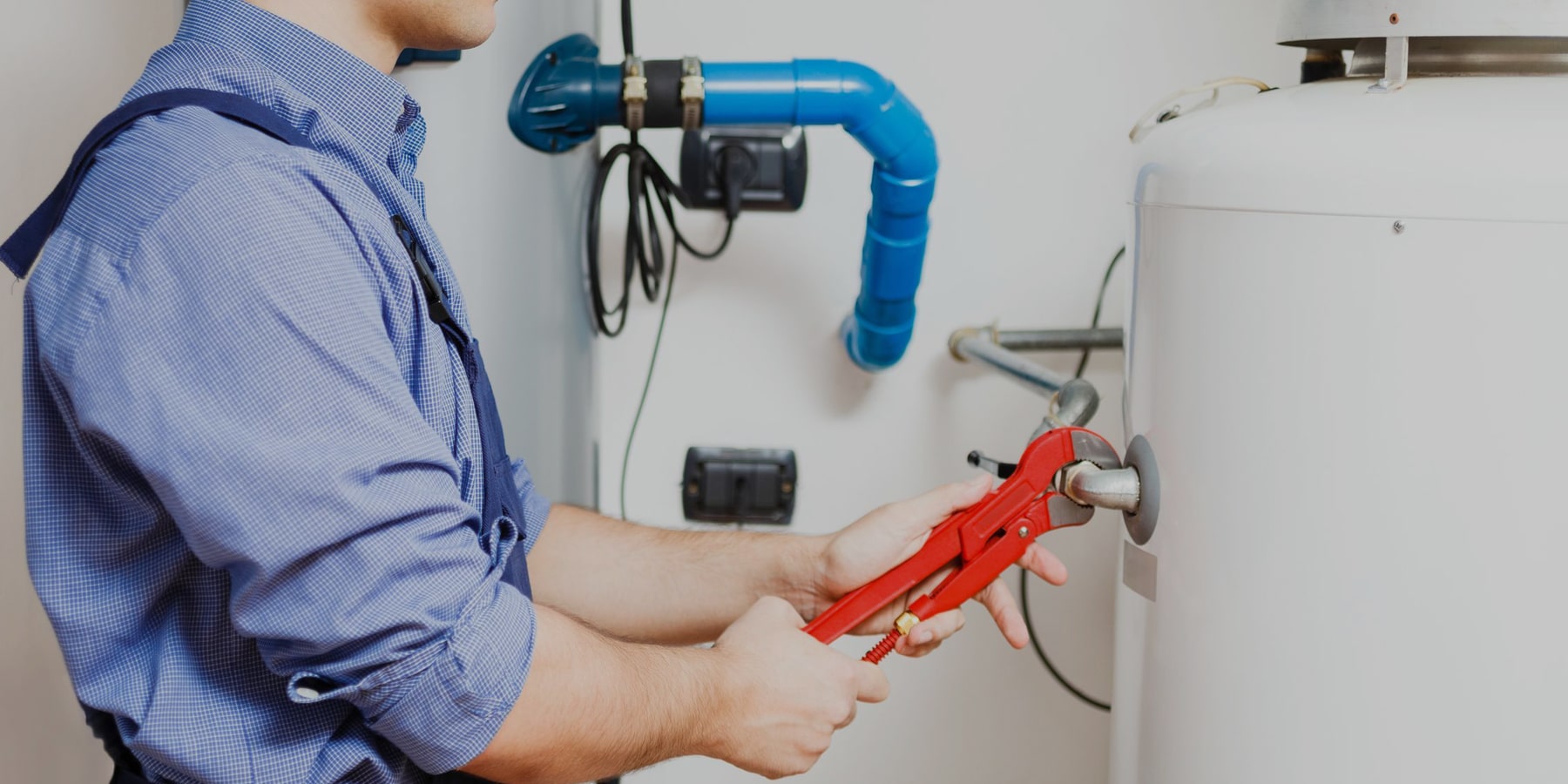When your hot water heater breaks down, deciding between repairing or replacing it can be challenging. Several factors influence this decision, including the heater’s age, repair costs, and efficiency. More info about water heater
The average water heater lasts 10-15 years, though this can vary based on location, maintenance, installation quality, and water quality. If your heater is nearing the end of its lifespan, has a leak at the base, or isn’t working reliably, replacement might be the best option. However, if it’s a newer unit, a repair may be sufficient. To decide, a helpful guideline is the “50% rule”—if the repair cost is more than 50% of the replacement cost, it’s usually more cost-effective to replace it. Even if the repair is less costly, consider how frequently repairs are needed and the age of your unit.
Water Heater Replacement
Over time, minerals in water can react with the steel in water heater tanks, leading to corrosion and leaks. When a heater tank starts leaking, it typically needs replacing. New water heaters are more energy-efficient and equipped with glass liners that reduce corrosion. Upgrading also gives you options to choose a larger tank or explore tankless and alternative water heaters, which offer even more energy savings.
Modern options, such as tankless, HVAC systems, and solar water heaters, may have higher upfront costs, but they offer long-term savings and can even qualify for federal tax credits. If you’re considering these options, evaluate your potential savings over time to ensure they align with your budget.
Water Heater Repair
Regular maintenance can extend your water heater’s life. Having a professional flush the system once a year removes sediment buildup, which improves efficiency and reduces corrosion. You should also test the pressure relief valve and ensure it functions properly. Lowering the thermostat to 120°F can also reduce overheating damage.
If you notice a leak, determine its source. Leaks from the tank itself generally require replacement, while leaks from valves or pipes might be fixable.
Environmental Impact
When deciding between repairing and replacing your water heater, consider the environmental impact of each option. Newer water heaters, particularly energy-efficient models, consume less power and can significantly reduce your household’s carbon footprint. Tankless, and solar water heaters not only cut down on energy use but also decrease greenhouse gas emissions associated with heating water. While replacing a heater involves manufacturing and disposal processes, the long-term environmental benefits of a more efficient unit can outweigh these initial impacts. Choosing an eco-friendly option not only supports a sustainable lifestyle but can also help reduce utility costs over time.
Conclusion
Whether you choose to repair or replace, regular maintenance is essential to prolonging your water heater’s life. Proper care will help you save on costly repairs and replacements, ensuring reliable hot water and lower energy bills for years to come.
;
Galaxy Plumbing & Heating
Email: service@galaxyplumbingservices.com
Phone: 604-802-1518
Url: https://galaxyplumbingservices.com/
;
5307 Victoria Dr #1180
Vancouver, BC V5P3V6

